

我是一个武术爱好者,为了深入了解太极拳的精髓,我投入了大量时间和精力。这种热情使我能够在练习时心态放松、神清气爽,与不同年龄段的拳友交流切磋。
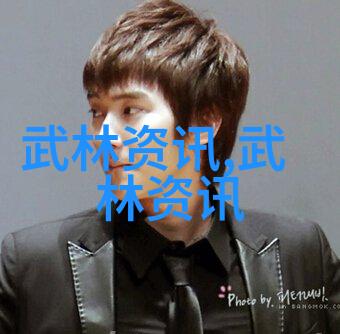
“太极拳推手进入奥运会”是我们这一领域的一个重大事件。我作为一个对太极拳有着浓厚兴趣的人,怎能坐视不管?这背后涉及的是对太极拳认知、理解的不同观点。
现在,我将自己60年来学习武术的经验和50多年的太极拳实践所得,全面地阐述我的看法:太极拳是一种工具,不是理论或学说,也不是关于做人的准则。

自古以来,太极拳起初就是一种用于保家卫院、谋生存的手段。它可以融入世界万物,但其本质属性始终是工具性质,不受个人意志影响。这就是最本质的特征。
由于学习者的悟性、方法和自身条件各异,便产生了不同的结果,如高强度的大师名家、小型企业家的鹰犬保镖,以及气功大师东郭先生等角色。这并非由太極拳功能导致,而是由于人在其中潜移默化造成。

这不是文化也不是成就,是一系列衍生物。如电脑同样被用作网络工具,但电脑软件输入迅速发展引发了工程师专家设计专家的出现,这难以归咎于功能或文化。
随着社会进步,冷战时代使用为主体功能退化,现在更多关注修身养性健身壮体延年益寿消遣娱乐。这个变化并不意味着属性改变,而是出发点截然不同导致结果发生巨变。
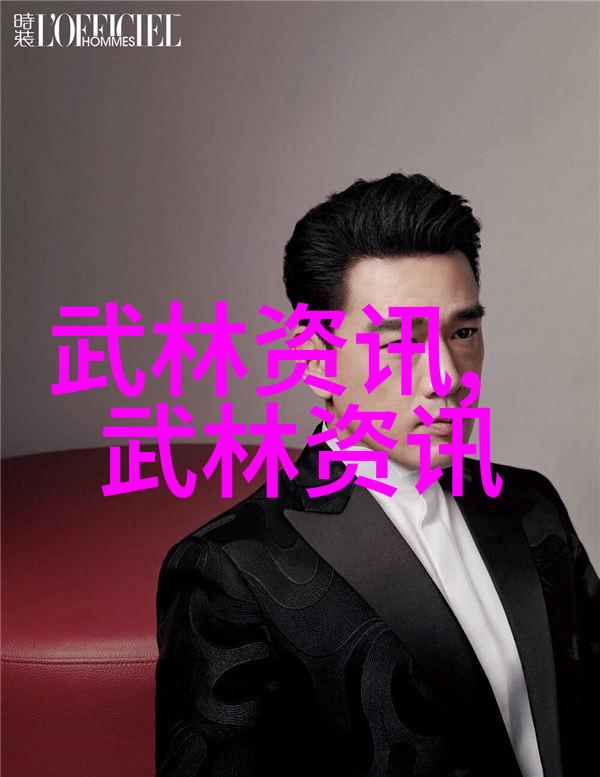
无论如何,tooicetnqk7h1c8v4x6s2a5r3e0p9l11g0n2b1f, as a tool, its attributes cannot be changed. Theoretical discussions and artistic packaging can make it appear as a philosophical form with cultural connotations, competitive mode, entertainment nature, or leisure activity. All these are human alterations of the tool's original function.
The theoretical interpretations of Chinese Tai Chi masters have elevated Tai Chi to an unparalleled level of grandeur and global influence. They describe Tai Chi as a profound philosophy that encompasses all aspects of life. However, this is not inherent to Tai Chi but rather a creative interpretation by the practitioners themselves.

Currently, most people practicing Tai Chi associate the concept of "Taiji" (the ultimate principle) with their practice and expound upon it greatly without understanding its true essence.
This misconception lies at the root of why Tai Chi has failed to enter Olympic Games despite its potential significance in international competitions.
In reality, social circulation claims that all existing theories on Tai Chi are derived from the brilliant achievements of ancient founders and renowned masters who devoted their lives to perfecting their craft. This is not based on secret techniques or inner laws but rather adheres strictly to traditional martial arts rules prohibiting external transmission.
Therefore, under current standards for excellence within martial arts circles—regardless of whether one acknowledges that Tai Chi possesses properties more akin to tools than spiritual disciplines—the likelihood remains slim for any practitioner outside direct lineage or familial succession inheriting genuine mastery over this art form.
Thus far in history when exceptional talent emerged within China's martial world—masters like Wang Zongyue ()—they were often members within such exclusive lineages receiving authentic teachings through generations' worth dedication towards mastering them.
As I delve into my personal journey as an enthusiast committed toward calling attention towards getting "Taiji Push Hands" into Olympic Games—a mission beyond individual capabilities—I am perplexed by how my persistence contradicts principles advocated during Taichi practices: excessive attachment must be avoided while engaging in Taichi exercises because they should remain fluidly flexible rather than rigidly fixated on specific goals or concepts related thereto; yet here I find myself unwaveringly dedicated towards pushing forward efforts aimed at achieving something deemed impossible according
to mainstream perception about what constitutes appropriate levels
of commitment involved during practice sessions involving this particular discipline called "Taichi."
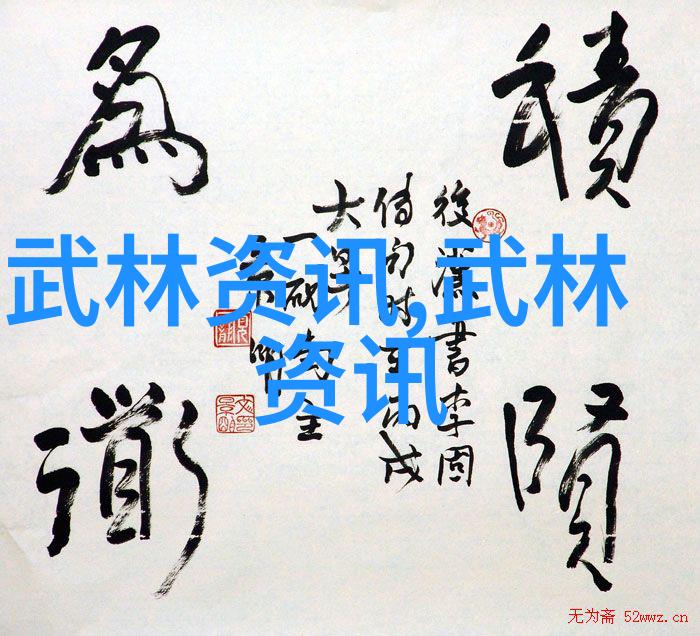
2025-03-03
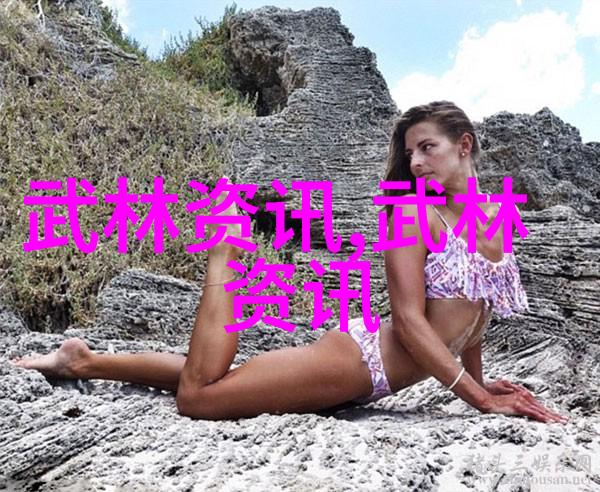
2025-03-03
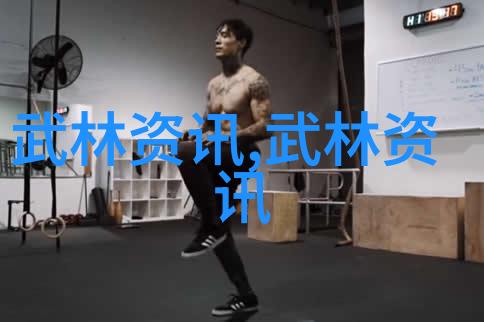
2025-03-03
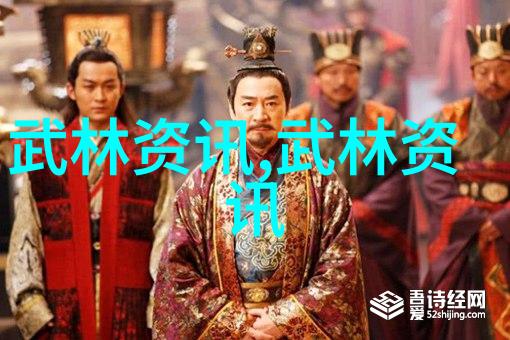
2025-03-03

2025-03-03
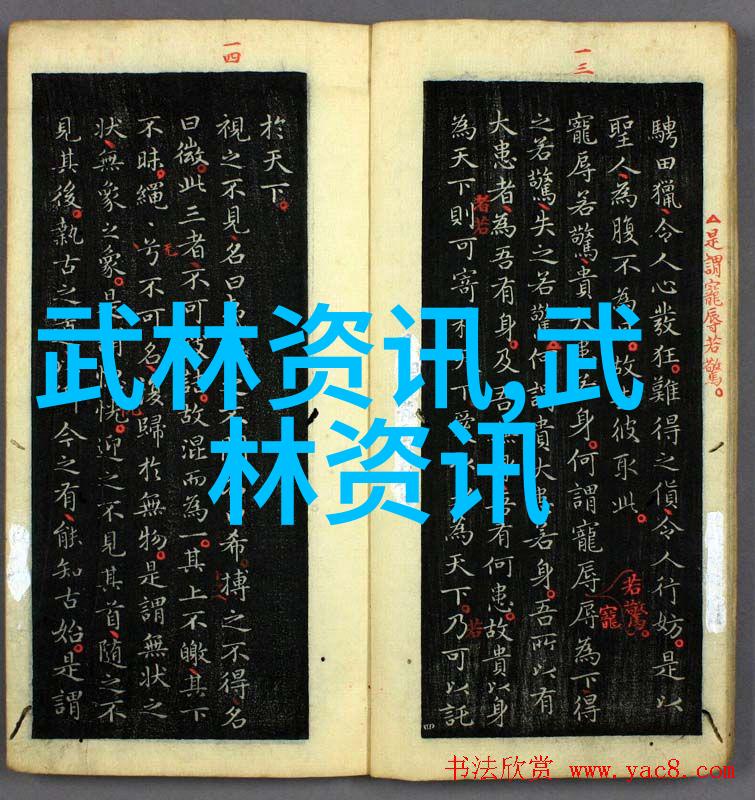
2025-03-03
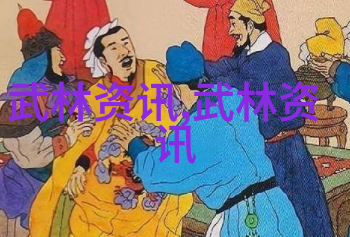
2025-03-03
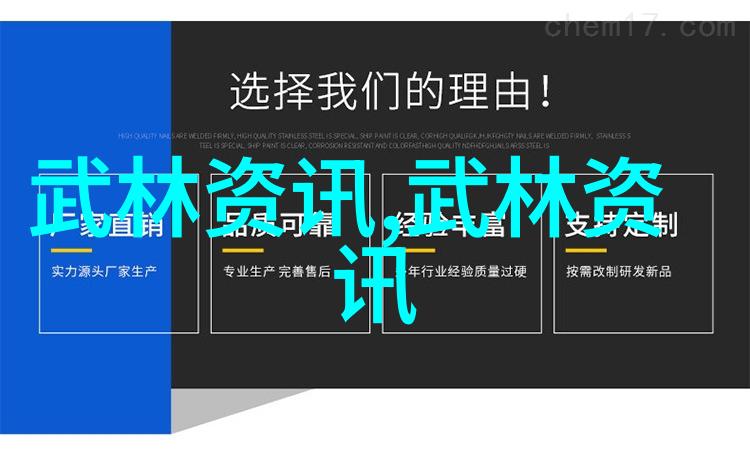
2025-03-03

2025-03-03

2025-03-03